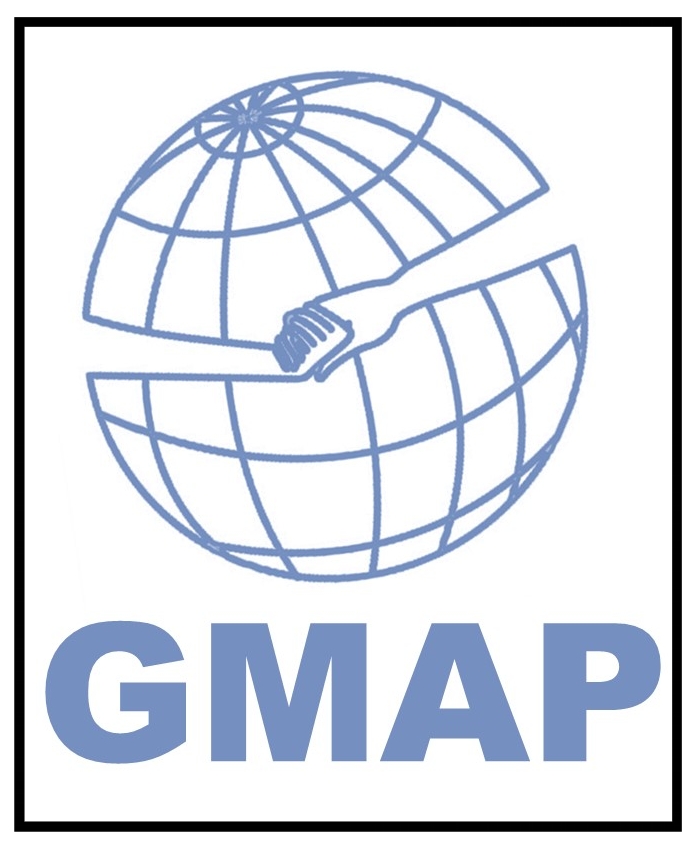Khanya: Stepped Care, Peer-Delivered Intervention to Improve ART Adherence and SUD in Primary Care
Globally, a substance use treatment gap exists, with only 1-4% of individuals who need treatment in the most resource-limited contexts receiving minimally adequate treatment. Given the impact of untreated substance use on poor HIV outcomes along the care continuum, efforts are needed to sustainably integrate behavioral interventions into primary care settings to reach individuals at highest risk for poor antiretroviral therapy (ART; i.e., HIV medication) and substance use outcomes. This project attempts to help fill this gap in care by implementing a peer-delivered, stepped care intervention ("Khanya"), which was previously successfully piloted in Khayelitsha, Western Cape, South Africa. Khanya integrates Life-Steps, a single-session problem solving and motivational intervention for ART adherence, with brief behavioral skills to reduce substance use (i.e., behavioral activation, mindfulness, relapse prevention).
In this study, a Type 2 hybrid effectiveness-implementation trial will be used to evaluate the effectiveness and implementation of a stepped-care Khanya. 150 people living with HIV (PLWH) with substance use will be recruited from an integrated primary care site and randomized to enhanced standard of care (i.e., facilitated referral to a public substance use treatment program) or Khanya. In the first step of Khanya, all participants will receive one session of Life-Steps + enhanced standard of care. Only participants who continue to demonstrate poor ART adherence after step 1 will be "stepped-up" to Khanya Step 2, which consists of six Khanya sessions.
The overall aims of this study are (1) to evaluate the effectiveness of Khanya over 12 months on (a) ART adherence, (b) substance use, and (c) HIV clinical outcomes; (2) to evaluate the implementation of Khanya on (a) reach and uptake, (b) adoption, and (c) peer fidelity to the intervention; and (3) to estimate the cost of implementing and sustaining Khanya compared to enhanced standard of care.
Location: Cape Town, South Africa; Funding: NIDA R01DA056102; 2022 - 2027; PI: Magidson. Partnering with University of Cape Town (UCT). Opportunities for staff and graduate students to be involved in study coordination.

